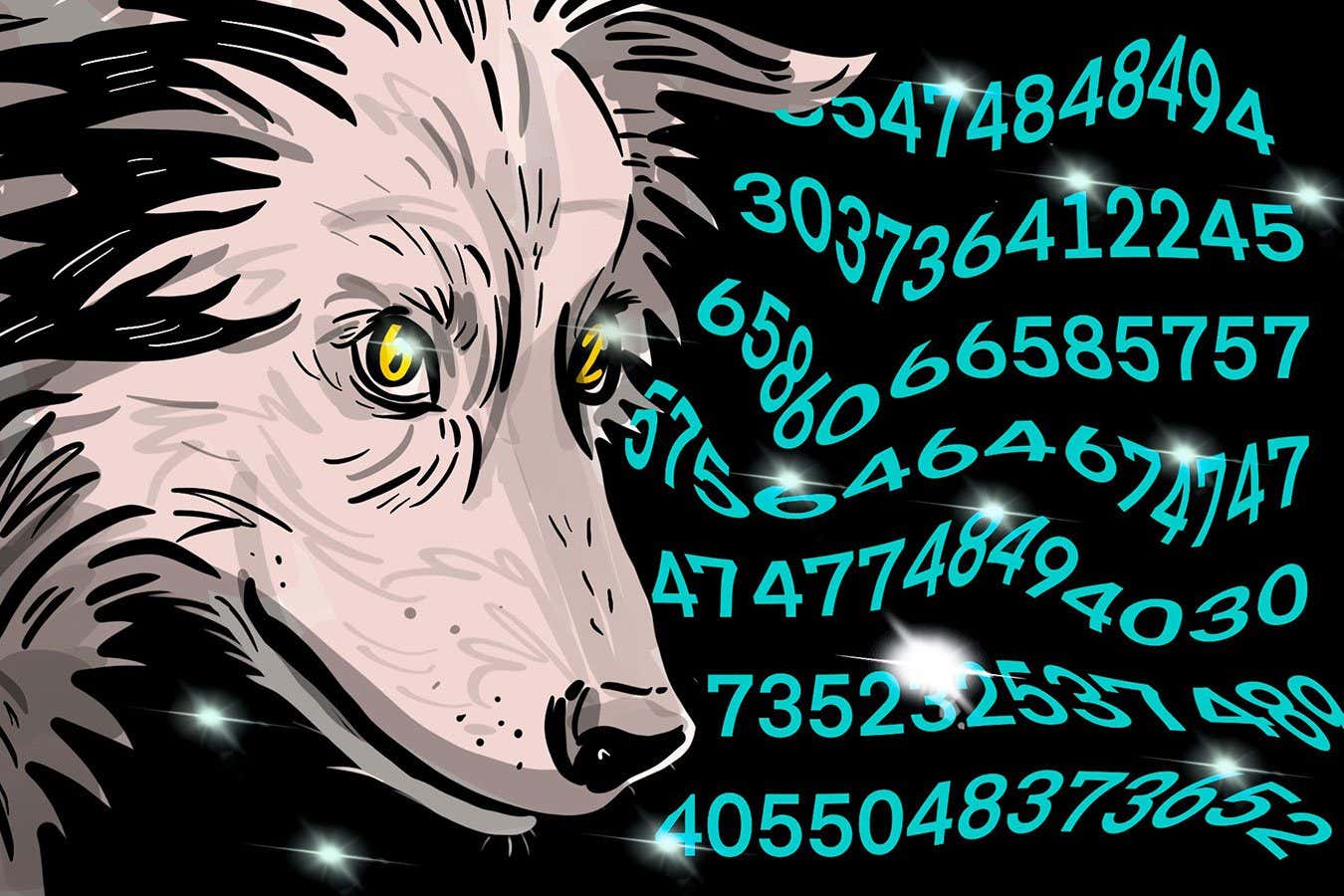Now Reading: New Zealand Dog Outpaces Quantum Computers in Unique Challenge
-
01
New Zealand Dog Outpaces Quantum Computers in Unique Challenge
New Zealand Dog Outpaces Quantum Computers in Unique Challenge

Quick summary:
- A postdoctoral study highlights a playful instance were a well-trained New Zealand dog “outperformed” quantum computers in factorising small numbers (e.g., 15 adn 21) during cryptography experiments.
- Researchers Peter Gutmann and Stephan neuhaus, through a paper on the Cryptology ePrint Archive, challenge claims of quantum breakthroughs in encryption algorithms involving factorisation. they suggest such announcements often employ “sleight-of-hand.”
- They humorously experimented with unconventional tools including an 8-bit home computer, an abacus with hundreds of columns, and trained the dog ‘scribble’ to replicate basic calculations by barking. For ScribbleS demonstration, playful prodding using toys was necessary as he exhibited good behavior otherwise.
- Findings bring lighthearted scrutiny to encryption methodologies but reaffirm that robust skepticism is crucial concerning technological merits.
Indian Opinion Analysis:
The humorous yet thought-provoking experiment reveals how essential encryption methods relying on large-number factorisation remain central to cybersecurity worldwide-including India’s financial systems and digital infrastructure supporting Aadhaar-linked services or interbank transactions. While highly advanced quantum computing could theoretically disrupt these systems someday, the study underscores that current claims about its abilities warrant careful evaluation rather than unchecked enthusiasm. India must be vigilant on upcoming advancements in this domain to safeguard sensitive data while remaining critical of premature assertions.

























